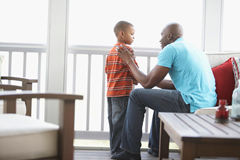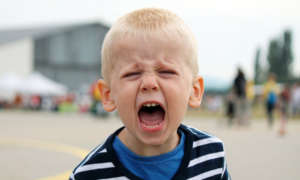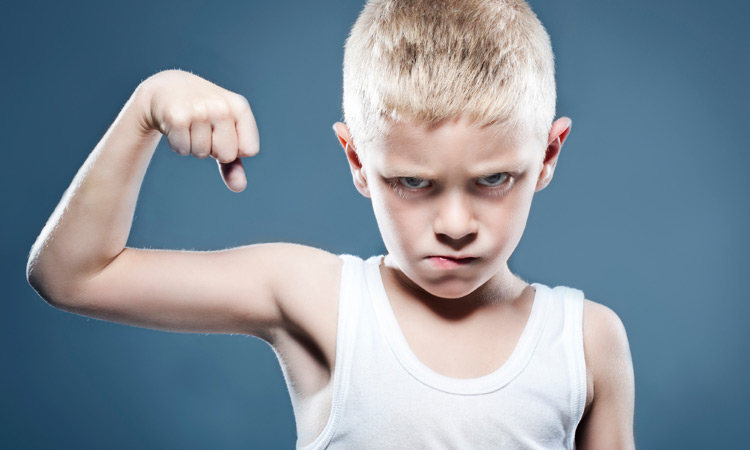As a parent, it’s natural to want to protect your children from potential harm in every way. It’s our job to care for their wellbeing—made more challenging by the fast-paced world of technology, such as cell phones and social media. I’m always on the lookout for unusual behavior, which may point to signs of bullying. We so often worry about our child being bullied, but what if your child is the bully?
Children who engage in bullying behavior can’t necessarily be easily detected or caught. Often, they’re smart and well-liked, conscientious about making sure they come across as sweet and friendly when adults are around.
Brigid Normand, the senior programming developer for the Committee for Children explains, “Kids who bully others are after dominance. They are often the popular ones, the kids who are throwing their weight around in the schools.”
This means you can’t necessarily tell who the bully is by looking. The bully might be in your kitchen, asking for a second cookie, and saying please and thank you.
If you believe that your child might be engaging in bullying behavior, here are a few things to do:
Call it like you see it
 If you notice something, even a small thing, don’t ignore it—call them on it. Institute the “See something, say something” plan. When you see a bossy and borderline abusive interaction between your child and another, say so. Don’t look the other way.
If you notice something, even a small thing, don’t ignore it—call them on it. Institute the “See something, say something” plan. When you see a bossy and borderline abusive interaction between your child and another, say so. Don’t look the other way.
If your child is angry with someone and gossiping in a mean way or starting rumors about them, intervene and let your child know that what you see is bullying behavior. Explain what bullying is and what you have noticed.
Do not condone or allow it
Intervene as quickly as possible to put a stop to the bullying behavior. Don’t laugh alongside your child at mean jokes targeting other children (or adults). Stop whatever is happening, drawing attention to cruelty of your child’s behavior, and then model kindness and compassion for the victim.
Brigid Normand says of bullies, “They lack concern for the feelings of other people. It’s a piece of empathy they just don’t get.” Because children who bully are behind in developing empathy, they’ll require extra guidance in that area. As you model kindness and compassion, you’ll be introducing empathy to your child.
Enforce consequences
 There’s no getting around the fact that you will have to enforce consequences. If your child is speaking harshly to friends at an amusement park and is unwilling to apologize, then you leave the amusement park. If possible, remove your child from the opportunity to ruin the fun of the other children. If your child engages in cyber-gossip and rumor-spreading on their cell phone, revoke their phone privileges.
There’s no getting around the fact that you will have to enforce consequences. If your child is speaking harshly to friends at an amusement park and is unwilling to apologize, then you leave the amusement park. If possible, remove your child from the opportunity to ruin the fun of the other children. If your child engages in cyber-gossip and rumor-spreading on their cell phone, revoke their phone privileges.
Your child will come to understand that a lack of self-control in that area will result in stronger parental supervision.
I get it. The idea that your own child might be the bully is almost unthinkable. But imagine, it would be far worse to realize that you, as the parent, had done nothing to stop it.
Let’s rewire our thinking about parenting. Expect good things from our children, and hope for the best. But let’s be ready to do what we’re here to do—parent them (as an active verb)—when they need more of our help than we might have guessed.

Rose Caiola
Inspired. Rewired.


